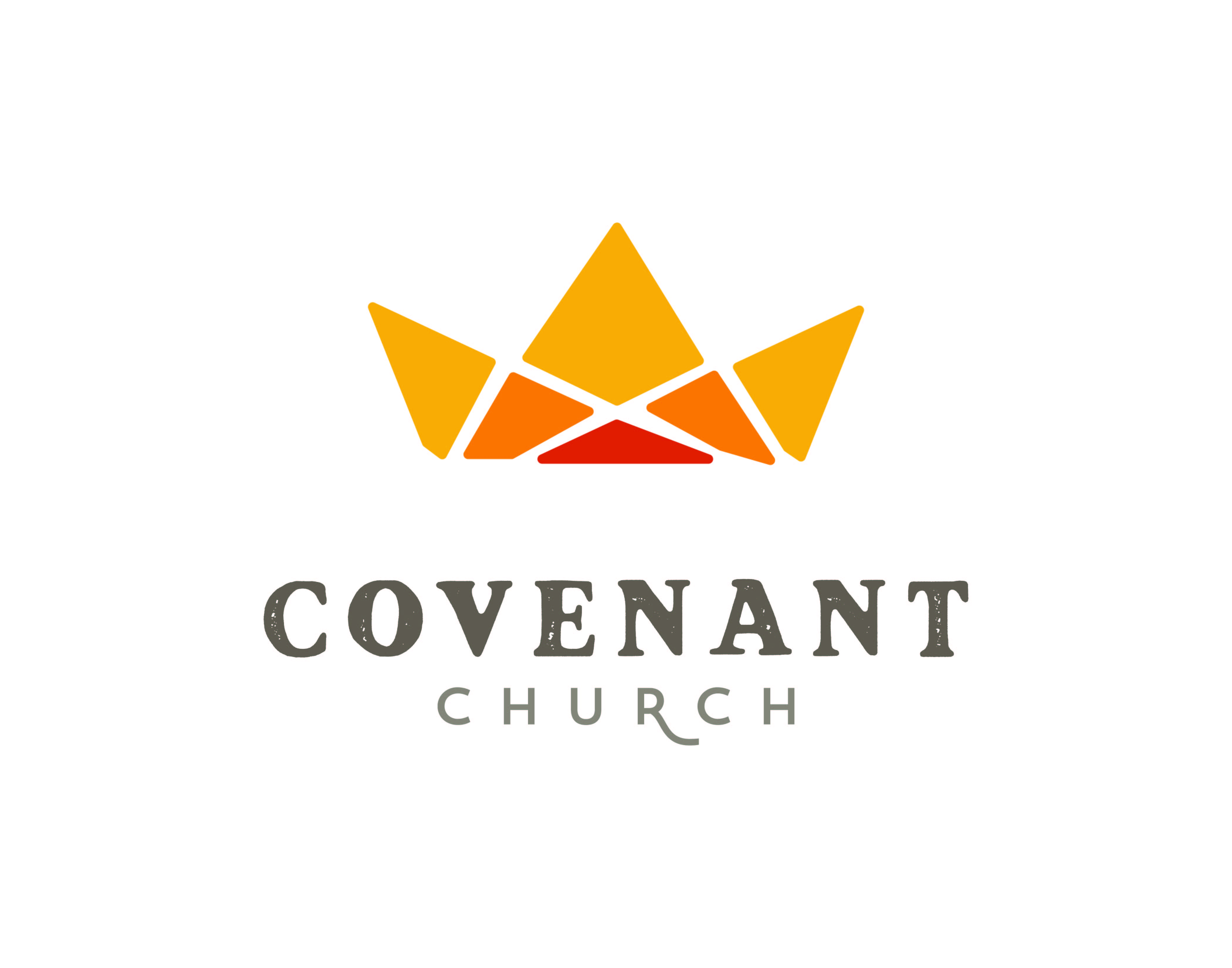Reminder: Bible Project videos are an excellent way to gain a quick overview of any book in the Bible. The Bible Project is available on YouTube or you can access it through Right Now Media. Click here to see the Amos video summary on Right Now Media. If you don't have an account, click the "Get Access" button on the top right of the screen.
With the New Testament just around the corner, I thought it would be good for us to briefly look at the message of the prophets and some details of the time between the testaments so that we might better understand the context into which Jesus was born. And so we begin with the message from Amos and a reminder about a plumb line.
I like to keep things that have meaning to me. This is why my home study has a rather diverse collection of items that would seem confusing to the casual observer. Why would Rob hold on to this piece of wood? Why the broken carving of an Impala? And what’s with the open hand? Well, every one of these things carries a reminder of an important lesson, experience or season in my life.
One of these artifacts is a beautiful, brass plumb bob. When hung from its string, this instrument reveals true verticality and becomes the standard by which everything else is measured. The wonderful thing about a plumb line is that it never changes. Vertical is always vertical. If you want to find out how much the wall has buckled or the door frame has leaned, just compare it to the eternal standard revealed by the plumb.

Amos was a common citizen of Judah. His curricula vitae did not put him in the ranks of nobility or the professional prophet. His was a shepherd who also cared for fig-trees (1:1 and 7:14). And yet, like the overlooked shepherd named David, God chose Amos and He chose him to speak to the power structures of his day.
The northern nation of Israel had grown complacent in its wealth, security and comfort. Seeing that their own needs were met, those with resources were neglecting and even oppressing the poor. Justice and righteousness were absent from their actions and so God sent Amos to tell them that they had deviated from God’s design. The plumb line had found them out of alignment and so the Lord was about to shut down their self-serving system.
As you read, keep your eyes open for the descriptions of their lifestyle and what they enjoyed. They had winter and summer houses (3:15) which were beautifully decorated and furnished (the ivory of 3:15 and 6:4). We know the well-fed cattle in the hills of Bashan were considered the best breed in ancient Canaan. Amos chose to use these cows of Bashan as a descriptor for the wealthy, pampered, self-indulgent women who maintained their lifestyles by exploiting the poor and making demands. They were a people of means who enjoyed the feeling of safety and entitlement which led them to lean further and further out of alignment with the Lord and His ways.
I think I was particularly struck by the opening verses of chapter 6. “Woe to you who are complacent in Zion, and to you who feel secure on Mount Samaria, you notable men of the foremost nation…” Their security brought complacency which led to neglecting and oppressing those with needs. These resources and sins were all found within a nation blessed with prosperity and strength. Sound familiar? While direct comparisons between the United States and ancient Israel cannot be made, we can take a look at what our actions have “built” and compare these to God’s plumb line, the very same plumb line God used to judge Israel’s actions so many years ago.
As I’ve shared in previous posts, I am not saying that God is about to judge our nation nor am I making any sort of political statement. I am simply asking questions of myself and sharing those questions with my friends. Have the cultural currents of my day caused me to drift off course from God’s path? If so, how far? Do the goals I pursue and the things I try to build align with God’s plumb line, or my own? How does justice and righteousness manifest itself in my life? Where is it lacking? In what ways might current circumstances in my life, community or nation be used by God to improve my alignment with His plumb line?
Jesus warned us against the “deceitfulness of riches” that choke the seed and make it unfruitful (Matthew 13:22) and Paul admonished us to “examine yourselves to see whether you are in the faith” (2 Corinthians 13:5). God’s prophets spoke a heated message to their people and if we are listening, it can also be a refining message to our own.
“And the Lord asked me, ‘What do you see, Amos?’ ‘A plumb line,’ I replied” (Amos 7:8). May God give us eyes to see His faithful, eternal, never-changing plumb line and the disciplined courage to let it define what we build.
Grateful for your companionship on our faith journey.

Rob






